The state of Colorado recently announced that it would ban Donald Trump’s name from appearing on ballots, citing section three of the 14th Amendment to the Constitution as support of this decision. However, the U.S. Supreme Court just ruled by a 9-0 decision that states do not have the power to do this.
Only Congress, according to the Supreme Court’s 20-page ruling, has the authority to decide who can and cannot appear on the ballot. Naturally, in our politically charged society, there are legislators who support the Supreme Court’s decision and others who are disappointed. To thoroughly understand the issue, we need to go back in history to two pivotal moments – the writing of the Constitution and the rebuilding process after the Civil War.
Section Three of the 14th Amendment
A group of democrats in Congress, including Jamie Raskin, D-Md, Eric Swalwell, D-Calif., and Debbie Wasserman Schultz, D-Fla., are working to disqualify former-President Donald Trump from running for reelection based on the wording of section three of the 14th Amendment to the Constitution.
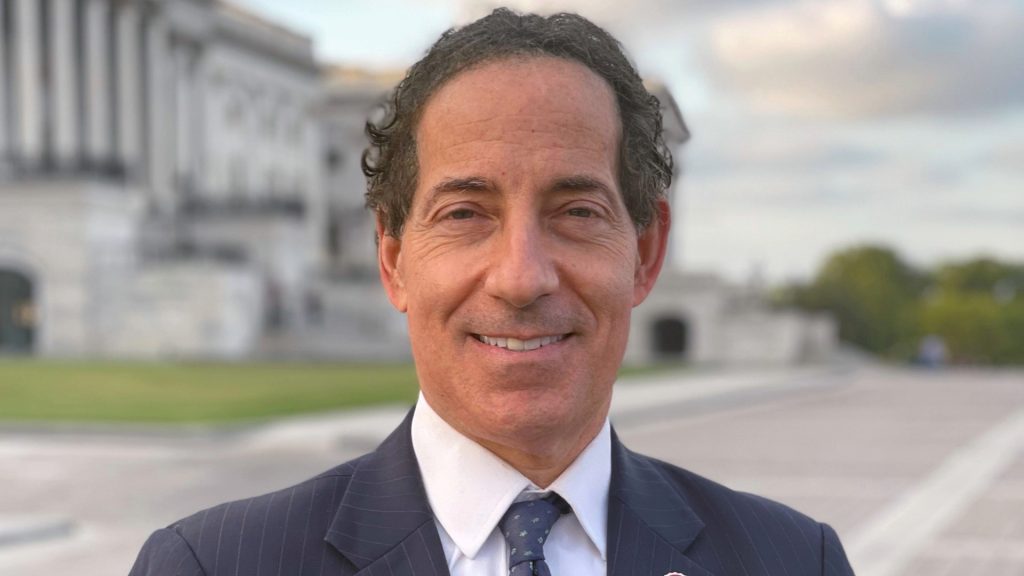
The 14th Amendment extends citizenship and the rights of all citizens to all people who are natural born or naturalized citizens of the U.S. But there is more to the amendment that appears in section three.
“Engaged in Insurrection“
The wording of this section clearly states that “No person shall be a Senator or Representative in Congress, or elector of President and Vice-President” who has “engaged in insurrection or rebellion” For many Democrats, Trump incited an insurrection on January 6, 2021.

Raskin explained that “The House of Representatives already impeached Donald Trump for participating in insurrection by inciting it.” Raskin’s argument is that Congress already impeached Trump on insurrection charges, thus proving that he “engaged in insurrection” and is, therefore, ineligible to be president. But that’s not what this week’s Supreme Court decision is about.
State Versus Federal Power
The Supreme Court’s ruling does not state that Trump did or did not engage in insurrection, nor does it state that Trump’s insurrection impeachment has rendered him ineligible for the residency. Instead, the Supreme Court’s decision clarifies who has the power to enforce the 14th Amendment.
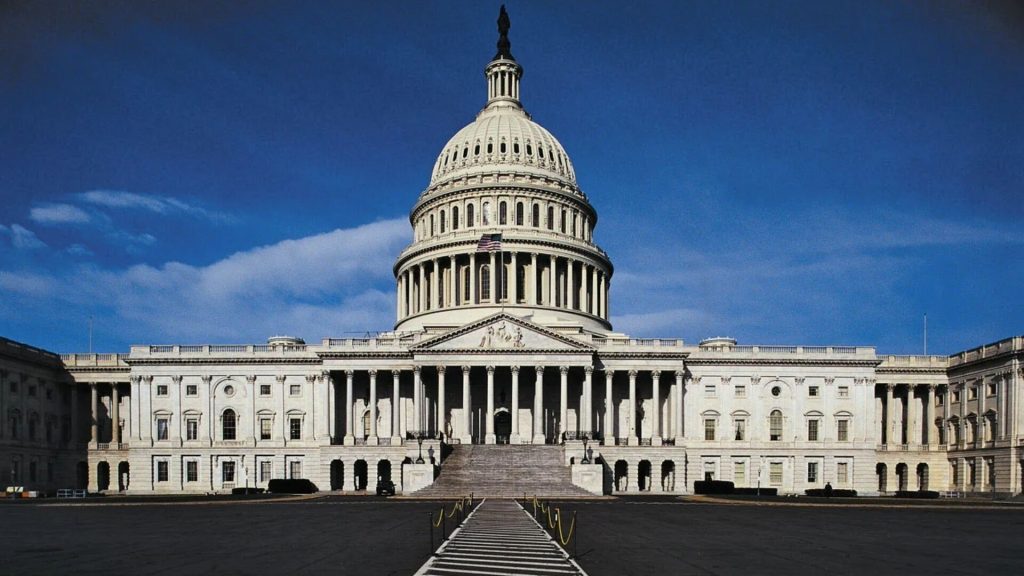
As per the wording of section three of the 14th Amendment, “Congress may by a vote of two-thirds of each House, remove such disability.” The decision of the Supreme Court was that Colorado does not have the power to remove Trump from the ballot. Only Congress can do that. This is one of the state versus federal power issues that our Founding Fathers grappled with.
Founding Fathers Took Two Tries to Establish the Government
In 1776, the 13 original colonies, or states, united to declare their independence from the British. One of their chief complaints was that King George III’s reign was marked by a centralized government that had become oppressive and tyrannical. The Founding Fathers wanted to establish a system of government that would prevent this from happening.
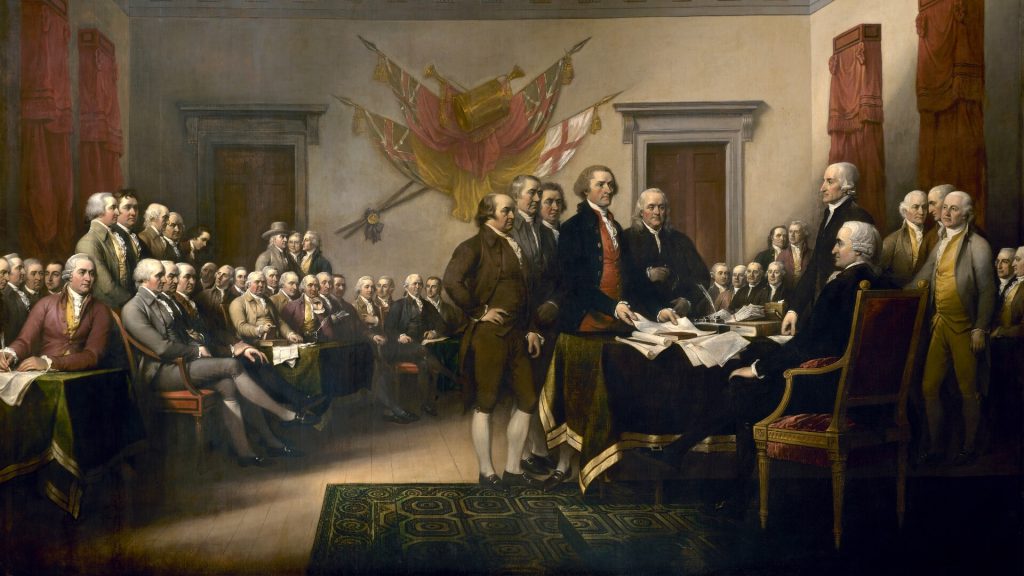
It took two tries to accomplish this. The first document, the Articles of Confederation, gave nearly all the power to the individual states and very little to the federal government. Within a few years, it was obvious that this system wasn’t working. The federal government was drowning in debt, there were power struggles, and political upheaval.
Federalism Was the Answer
When the Founding Fathers got together in Philadelphia in 1787, they agreed to scrap the Articles of Confederation and start from scratch. The new guiding document, the Constitution, was based on the separation of power. It was based on federalism.
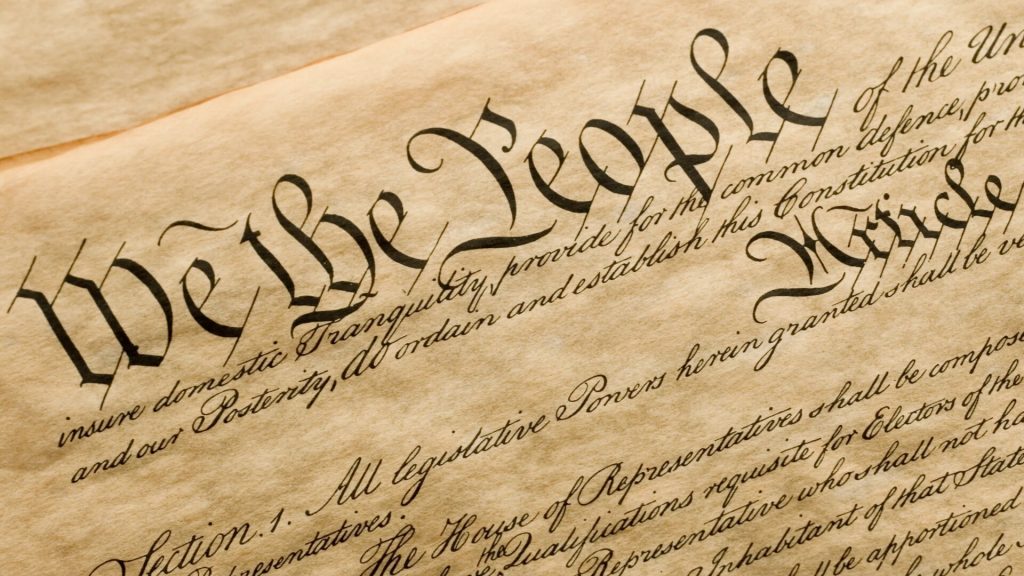
The Constitution allowed the states the freedom to pass most of their own laws. The federal government, however, has the power to step in when needed for the sake of the nation. It also, under Article VI, laid out the “supremacy” clause that states that federal laws take precedence over state laws. In the case of Colorado’s decision to bar Trump from the ballot, the supremacy clause comes into play.
Amendments, As Needed
When the Constitution was written, it addressed the main issues facing the country. But things change over time. This is why we have amendments to the Constitution. They offer a way for Congress to make changes and additions to the Constitution, as needed, to address new concerns or new situations.
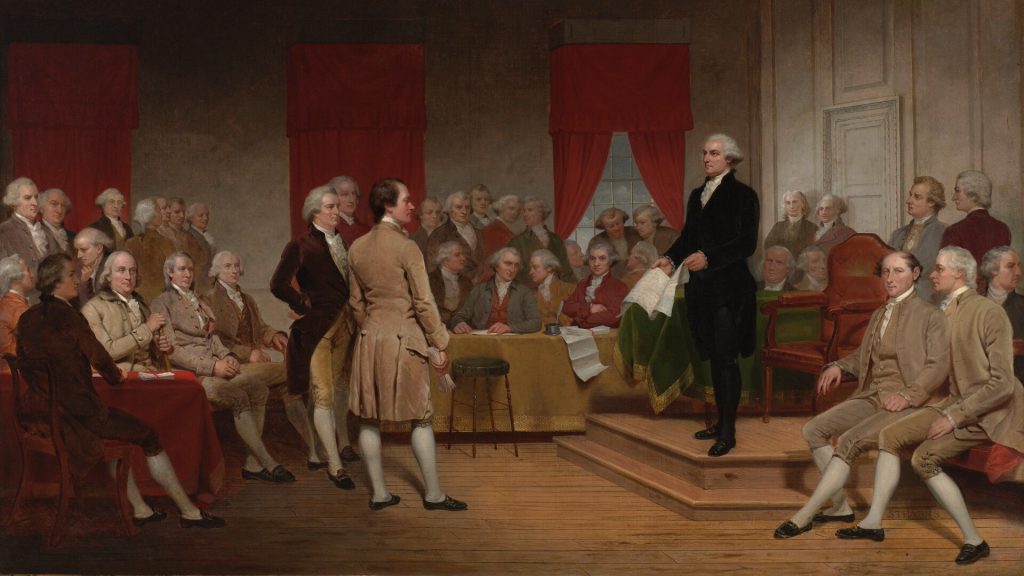
The 14th Amendment was one such amendment. It was ratified to provide a framework for a situation that the Founding Fathers had not thought of … like a civil war. In 1860 and 1861, several Southern states seceded, formed their own country, and fought against the Union.
The 14th Amendment
Much changed in the U.S. in the days following the end of the Civil War. First, the Southern states rejoined the Union. Second, former slaves were freed. The 14th Amendment deals with both of these situations. The first part of the amendment deals with granting rights to formerly enslaved people.
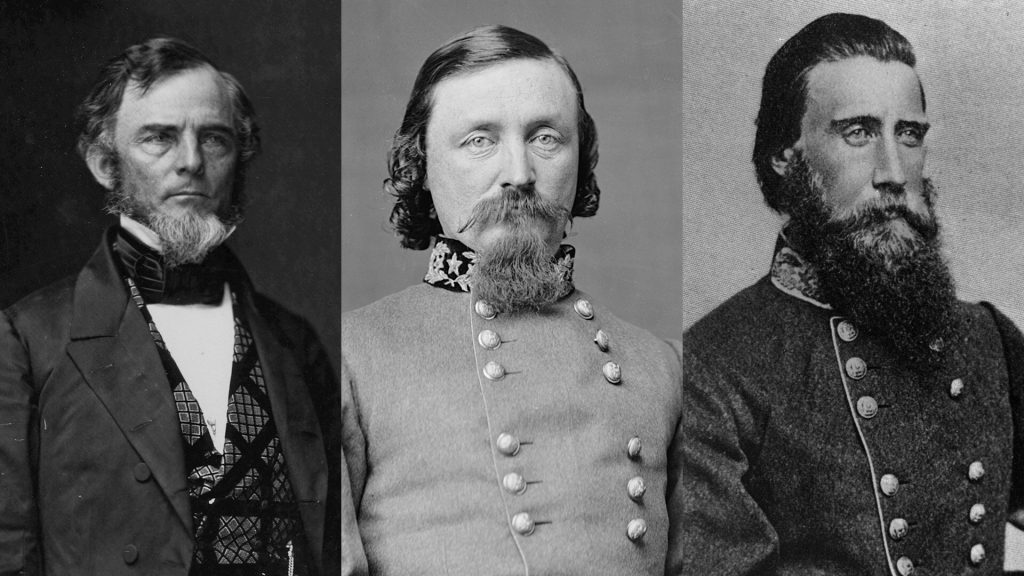
Second, there were concerns whether individuals who had raised arms against the Union during the Civil War would have an avenue to obtaining positions of power in the government. The “engage in insurrection” line in the 14th Amendment was meant to keep Confederate leaders from infiltrating the government.
“We Are a Nation of Laws and a Democracy“
Jared Golden, D-Maine, reminded us that “We are a nation of laws and a democracy. Today’s Supreme Court decision affirms that Maine voters should – and will – decide if Donald Trump ought to be president again.”

He added, “The House impeachment vote alone is not enough to preclude him from the ballot.” As the Supreme Court justices noted in their ruling, “States may not unilaterally disqualify Donald Trump from the ballot.”
“This Is No Time to Amplify Disagreement“
Justice Amy Coney Barrett, who was appointed to the Supreme Court by Donald Trump, agreed with the liberal justices on the ruling and acknowledged that the court’s decision would cause contention and divisiveness. In her one-page opinion, she wrote, “This is not the time to amplify disagreement with stridency.”

Some liberal lawmakers, including Raskin, believe that the Supreme Court’s decision was blatantly wrong. Raskin and his cohorts hope to revive a bill, which was first introduced in 2022, that would “create a pathway for the Department of Justice to sue to keep candidates off the ballot under the 14th Amendment.”






